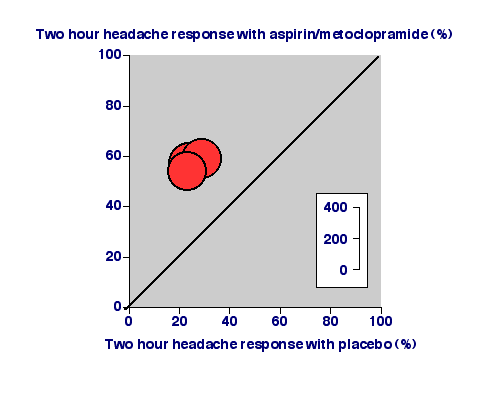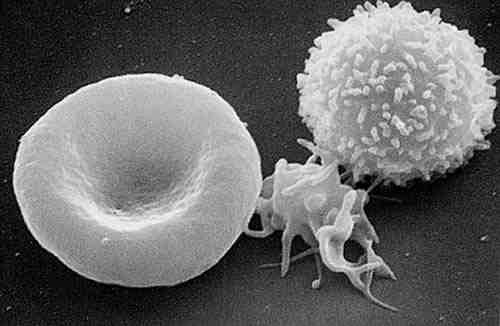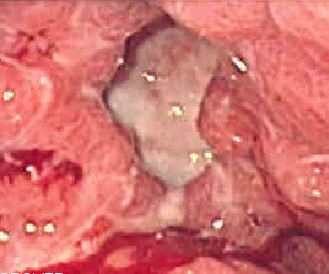1 - INTRODUCTION
Interactive Learning Exercise on Aspirin
Dr Angelo Pieris. Teaching Fellow in Clinical Pharmacology & Therapeutics. Barts & The London Medical School.
July 2011
Updated by Dr Hew Torrance, July 2013

Right here is a little starter...Do you know what the link is between Aspirin and the pictured tree?
1 - ACTION GRAPHIC


1 - PHARMACOLOGY
I know when aspirin is used, but how does it work?
Aspirin can treat several conditions via its mechanism of action. It works by inhibiting part of the body's pro -inflammatory pathways.
Specifically the COX enzyme facilitated production of prostaglandin and 'thromboxane A2' is prevented.
Regular small daily doses of aspirin is enough to irreversibly inhibit the cyclo-oxygenase I enzyme, known as COX-1 on platelets.
Which description best fits aspirin?
What do you mean by anti-inflammatory?
Well it can reduce pain, but it can also reduce blood perfusion of tissue.
Is that good?
That depends on what you are trying to treat and what side effects you need to avoid.
What can be bad about an anti-inflammatory?
The production of prostaglandins (PGE1 & PGE2) in the gastric tissues reduces gastric acid production. This helps to balance acid secretion required for digestion and immunity on one hand, and the protection of the gastric mucosa from excess acid on the other. Blood flow to the mucosa and mucus prduction are also positively affected by prostaglandin.
1 - ANALGESIA
Pain relief.
For "simple analgesia" such as discomfort during viral infections or headaches drugs such as paracetamol, aspirin and ibuprofen are on sale over the counter in the UK.
Paracetamol is given (by itself or with other analgesics) as a first line drug for adult hospital patients in pain because... (Choose the most accurate answer)
The dose for pain relief in adults is 300-900mg every four to six hours. Do not offer it as regular pain relief.
Do not give children aspirin unless under specialist direction. There is concern that children treated with aspirin during viral illness are at greater risk of Reye's syndrome, a post-infection multi-organ reaction that is rare, but potentially life-threatening.
Relief of pain in acute migraine episodes.
Aspirin is one of a number of different treatments available for migraine sufferers. It can be given with metoclopromide (If you are experienced with this drug) to aid gastrointestinal absorption and treat nausea during the migraine.

What is the most accurate analysis of the data above?
1 - ANGINA / MI TREATMENT

Platelets are changed in the prescence of pro-inflammatory mediators (activation) to express a structure that adheres to other platelets.
"Anti-platelet" drugs work by inactivating enzymes or blocking receptors to disable the platelet's ability to respond and cascade to pro-inflammatory signals.
The major use of aspirin is in preventing "thrombotic vascular events". Such as myocardial infarction including acute coronary syndrome, non-haemorrhagic stroke, and acute limb ischaemia.
Which of these drugs is NOT an "anti-platelet" drug? (What you want me to look it up? Yes in the BNF if possible:)
A paramedic is called to Whitechapel to see a 39 year old South Asian man (with no previous history, but smokes) complaining of severe chest pain of 30 minutes duration. Acute coronary syndrome is suspected; an ECG reveals inversed T waves.
What doses of "anti-platelet" medications would optimally treat the pathology in this instance?
If this patient was already on aspirin 75mg daily, would it make a difference at this point?
Does aspirin save lives?
Following confirmed ACS or other ischaemic vascular event treatment with aspirin for life is mandatory unless there are significant reasons to forgo the benefit.
So the patient has to just put up with gastric irritation?
If aspirin is not tolerated then clopidogrel may be tried instead. Clopidogrel does not inhibit the synthesis of prostaglandin.
1 - ADVERSE EFFECTS

The potential for adverse effects need to be considered when initiating therapy and when patients present with (seemingly unrelated) problems.
Always bear in mind what medications a patient is taking if they present with anaemia. Medicines can reduce marrow production, cause haemolysis, and blood loss. Aspirin can do the latter.
The anti-prostaglandin effect can reduce renal blood flow in vascular disease states.
Avoid in pregnancy as it can affect blood suply to the foetus, pro-long labour and increase the severity of haemorrhage.
An asthmatic consults her GP about the safety of taking aspirin for headaches.
What do you say in relation to the potential for broncho-spasm?
A hypertensive patient with diabetes and left ventricular hypertrophy taking an ACE Inhibitor, aspirin 75mg daily and furosemide comes to his GP and complains of back pain following unacustomed activity at the weekend.
Why could suggesting 600mg aspirin every 4-6 hours rather than paracetamol be counter-productive? (2 reasons)
A four year old girl develops cough, fever, feels cold and has muscle ache. Her parent gives the child the maximum allowed dose of paracetamol, but the child is still in discomfort.
Can you give aspirin, why? if not what else would you give? The child weighs 20kg, what dose of your preferred medicine would you give?
Alongside paracetamol, ibuprofen is commonly given to children to effectively treat pain and fever. The dose is 5mg per kg i.e. 100mg for a 20kg child, three times daily. Aspirin unsuitable children and teenagers because of the association with Reye's syndrome, a rare reaction that can cause multi-organ failure including encephalitis.